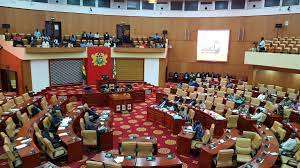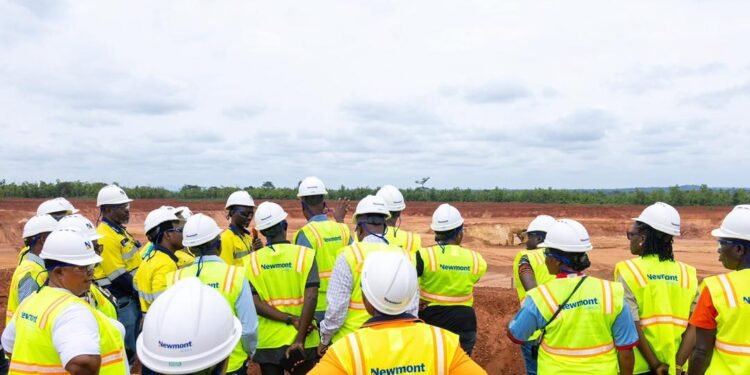Ghanaian taxpayers are demanding accountability on how the country’s tax revenues are spent by the government and are urging the legislature to exercise its checks and balances in ensuring that the executive puts the taxpayers’ money to good use.
A recent survey conducted by Afrobarometer that assessed the tax systems in some African countries, found 78% of respondents from Ghana insisting on parliamentary monitoring of how the government spends tax revenues. Meanwhile, 80% of Ghanaians believe government has the right to make people pay taxes but have identified some loopholes in the country’s tax system.
On average, Two-thirds (67%) of Africans believe the executive should be required to explain to Parliament how the government spends taxpayers’ money. The high percentage of Ghanaians demanding parliamentary monitoring of government spending, puts Ghana among the top five countries that are most insistent on parliamentary monitoring of how the government spends tax revenues.
The top five countries calling for parliamentary monitoring of how the government spends tax revenues include the Gambia (84%), Cabo Verde (82%), Mauritius (78%), Mali (78%), and Ghana (78%).
Taxation is a key fiscal tool for domestic resource mobilization. In many African countries, however, weak tax-administration systems limit the ways in which governments can finance their development agendas and provide essential services such as health care, education, and infrastructure.
Extensive research has shown that people’s willingness to pay taxes may be influenced by how they think their taxes are being used. Across the 34-country sample, only half (51%) of respondents say that their government uses taxes for the well-being of citizens. In Ghana, 55% of the respondents believe that the government uses the taxes collected to ensure the wellbeing of its citizens.
Fairness of the tax system
In terms of fairness of the tax system in Ghana, the survey showed that a large number of Ghanaians believe the ordinary citizens are being overburdened with taxes. Overall, 41% of the respondents from Ghana stated that the ordinary Ghanaian is overburdened with taxes.
On a whole, Africans hold mixed views on the fairness of their tax rates. Across the 34-country sample, almost half (47%) said that ordinary people are required to pay ‘somewhat too much’ or ‘far too much’ in taxes. This is a particular concern in Kenya (66%), Uganda (65%), and Eswatini (63%), while fewer than one in three citizens in Mozambique (32%), Niger (32%), and Liberia (31%) feel this way.
Need for progressive taxes
A whopping 74% of Ghanaians stated that it is fair to tax rich people at a higher rate than ordinary people in order to help pay for government programs to benefit the poor. The call for a progressive tax rate in Ghana is higher than the average of the 34 countries sampled in the survey.
The survey found that seven in 10 Africans (69%) ‘agree’ or ‘strongly agree’ that it is fair to tax rich people at a higher rate than ordinary people in order to fund government programs to benefit the poor, while just 25% disagreed.
This idea won majority support in every surveyed country except Angola, and even there, supporters outnumber opponents, 49% to 30%. More than eight in 10 citizens endorsed higher tax rates for the wealthy in Tunisia (91%) and Gabon (83%).
Afrobarometer survey data collected in 34 African countries in 2019/2021 show that a majority of Africans endorse their government’s right to collect taxes. But popular support for taxation has weakened over the past decade while perceptions that people often avoid paying their taxes have increased sharply.
Moreover, many Africans question the fairness of their country’s tax burden, and only half think their governments are using tax revenue for the well-being of their citizens.
While a majority would pay higher taxes to support young people and national development, most say they find it difficult to get information about tax requirements and uses, and many see tax officials as corrupt and untrustworthy. Such perceptions may play a role in how willingly citizens support – and comply with – their government’s tax administration. Taxpayers Taxpayers
READ ALSO: President Akufo-Addo To Speak At T.D. Jakes’ International Leadership Summit























